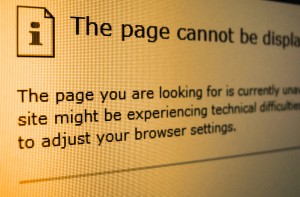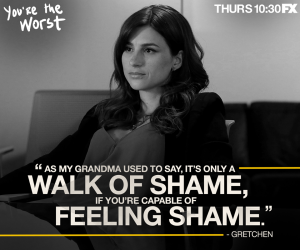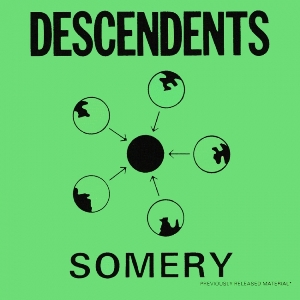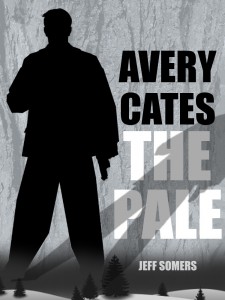Authoring is Hard Work
 In 2002, a year in which otherwise almost nothing I can remember happened, the New York Times reported that “a recent survey” confirmed the worst fears of many Americans: 81% of the country thought they could write and publish a book. Eighty-one percent. Considering there are about 319 million people in the U.S.A. alone, that means about 258 million people figure that someday when they have some spare time they’ll bang out a novel. Or, more accurately, they’ll go find a writer friend they know, drunkenly explain the story idea with helpful doodles on cocktail napkins as visual aids, and then let that writer friend write and publish the book while splitting the profits 70/30.
In 2002, a year in which otherwise almost nothing I can remember happened, the New York Times reported that “a recent survey” confirmed the worst fears of many Americans: 81% of the country thought they could write and publish a book. Eighty-one percent. Considering there are about 319 million people in the U.S.A. alone, that means about 258 million people figure that someday when they have some spare time they’ll bang out a novel. Or, more accurately, they’ll go find a writer friend they know, drunkenly explain the story idea with helpful doodles on cocktail napkins as visual aids, and then let that writer friend write and publish the book while splitting the profits 70/30.
At first blush, the 81% number seems high, especially when you consider that the U.S. Bureau of Labor Statistics counts just 129,100 authors and writers in the country as of 2012. Although, when combined with the explosion of self-publishing in recent years, that seems like a dubious number too, especially when you learn that the Bureau also claims the median income for authors and writers is $56,000 a year when most writers are constantly Googling “how to boil shoes for dinner” or “how long can I eat nothing but Ramen before getting scurvy”—although to be fair when you include people like James Patterson or Stephen King or E.L. James in the calculations, that median is going to shoot up quickly.
However, when you think about how many people participate in things like NaNoWriMo every year (more than 300,000 according to the website) and how many people are publishing novels—more than 750,000 traditionally and self-published books annually in the United States alone—it starts to seem like that 81% number might make sense after all.
In reality what this means is that an enormous number of people think they can write and sell a book, but less than 25% of them actually do, one way or another. That’s a big gap, even if we remove those helpful folks who are always offering up brilliant ideas for novels and seeking to split profits and restrict ourselves solely to people who would, you know, actually be willing to write a book. As an author myself, there’s only one explanation for the this discrepancy that makes sense: writing a novel is hella hard. Selling a novel is even harder. Black magic may be involved.


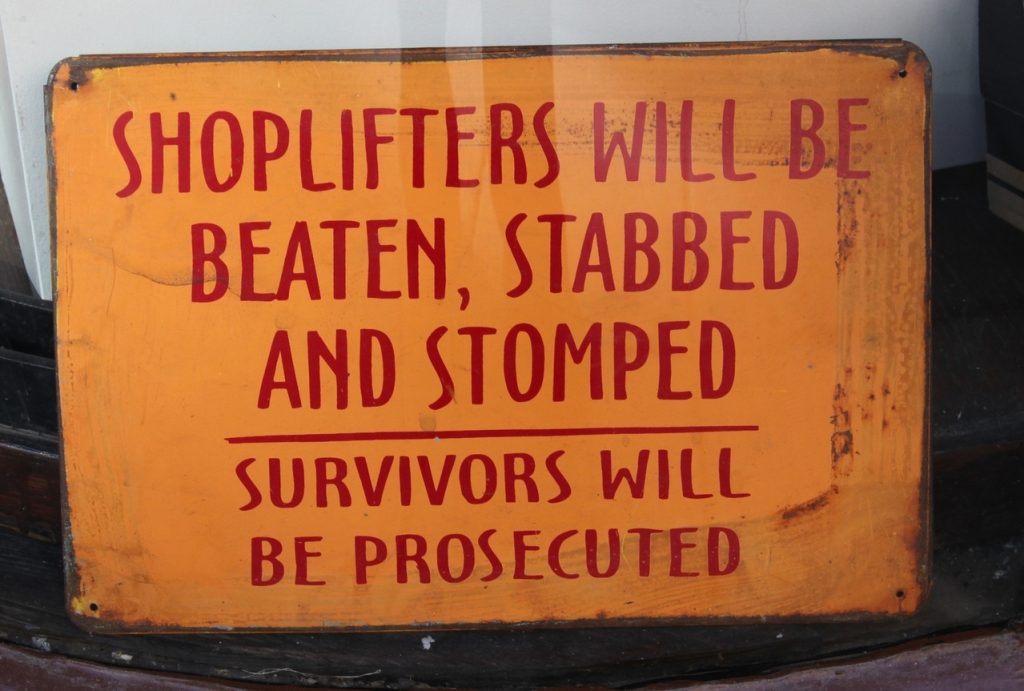 Every now and then someone makes a terrible mistake and assumes that because I have published a few novels and stories and such that I know something about publishing and writing. I don’t. Like Jon Snow, I know nothing, and generally go through life feeling like a confused and slightly dimwitted teenager.
Every now and then someone makes a terrible mistake and assumes that because I have published a few novels and stories and such that I know something about publishing and writing. I don’t. Like Jon Snow, I know nothing, and generally go through life feeling like a confused and slightly dimwitted teenager.